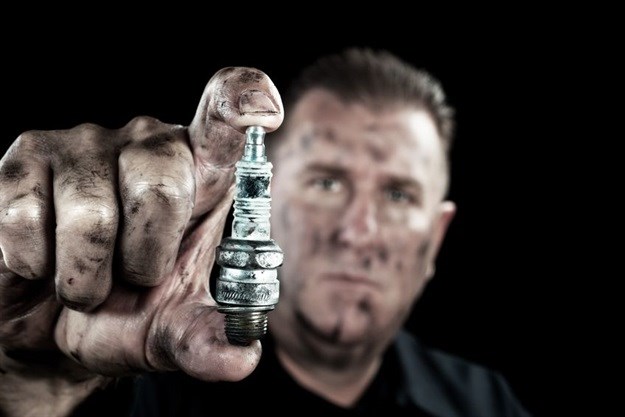The Competition Commission has received numerous complaints from industry participants across the automotive aftermarket sector over a number of years. Therefore, in mid-March, through its advocacy programme, it hosted a consultative workshop.
Complaints
Many of these complaints emanate from vertical agreements entered into between Original Equipment Manufacturers (OEMs) and automotive aftermarket participants, such as insurance providers, service centres and panel beaters.
The majority of the complaints relate to, amongst others:
- agreements entered into between OEMs and insurance companies leading to the exclusion of independent panel beaters and spare parts suppliers
- consumers (vehicle owners) being compelled to purchase costly spare parts where alternative similar quality parts are available
- customers being forced to take up motor plans with the sale of a vehicle
- inflated costs in terms of labour and parts
- warranty terms and conditions
Arguments presented during workshop
The arrangements/agreements between OEMs, insurance companies, authorised service centres and authorised panel beaters make entry into the market difficult, in particular for emerging and historically disadvantaged panel beaters.
These arrangements have a further consequence – the outcome of warranty conditions by OEMs and insurance companies require customers not to deal with independent panel beaters for repairs to their vehicles.
Based on the arguments articulated, the Commission deems it prudent to consider whether this situation leads to the restriction and lessening of competition between approved and independent panel beaters. The same applies to service centres.
Global trends
There have been various interventions by international competition regulators, which have changed the market dynamics of the automotive aftermarket sector significantly. Some examples are:
- European Union - During 2010, the European Commission introduced a framework for the automotive aftermarket industry, introducing rules governing the industry. The rules state, amongst others, the following:
- approved repairers are authorised to use matching quality spare parts, and not only original parts from OEMs
- vehicle owners may use any repair shop for non-warranty work during the warranty period
- vehicle manufactures are prohibited from making warranties conditional on the repair and servicing of a vehicle within the approved service provider network
- access to technical information, tools and training have to be made available and remain a prerequisite.
- Russia - The Federal Antimonopoly Service (FAS), along with industry players, adopted a voluntary Code of Conduct establishing good business practice for the Russian automotive sector. In terms of the Code of Conduct, members of the Automotive Manufacturers Committee, ie the industry has undertaken to adhere to, amongst others, the following good business principles:
- set transparent procedures in selecting potential dealers
- distributors should not be precluded from including other dealers within the distribution model
- OEMs will compile a list of alternative suppliers
- members of the automobile manufacturers should not prevent official dealers from using spare parts of matching quality for maintenance and non-warranty repairs after the lapsing of the warranty period
- each OEM should make independent decisions on providing technical training to official dealers only or to other parties as well.
- Other interventions include:
- In 2013, the Norwegian Competition Authority published the result of a sector inquiry into car warranty conditions in Norway, which resulted in changes to how business has been conducted for many years.
- Also, the Swedish Competition Authority published a sectoral investigation report in 2010 regarding warranty schemes in Sweden, which lead to changes in the way in which companies conduct themselves.[3]
Commission’s approach moving forward
The Commission has taken a sober approach, to understand a market with numerous interested parties involved, knowing that market participants’ interests are not aligned but acknowledging the industry’s important overall role in the country’s economy. The sector boasts a 7% GDP contribution to the country’s economy and is responsible for the employment of over 100,000 employees across the sector. Therefore, any approach adopted by the Commission, must aim to protect the industry as a whole, in order to preserve the benefits of this sector, as it plays a pivotal role in the ailing South African economy.
Conclusion
The Commission has indicated that work will start on a voluntary Code of Conduct focussing on arrangements in relation to spare parts, the use of warranty provisions and access to technical information relating to the servicing of a vehicle. The relevant timeframe of this process to be undertaken is foreseen to be six months.
One is reminded that the Commission is aiming to also align the rules of business for the automotive aftermarket to those rules that apply internationally.
